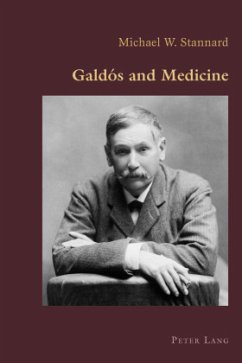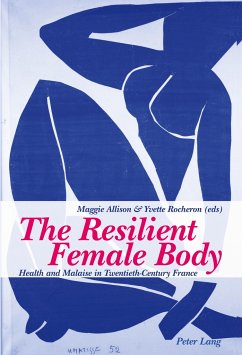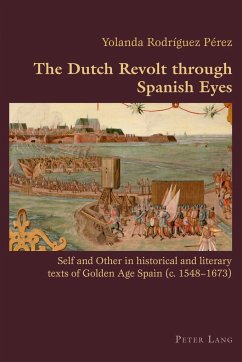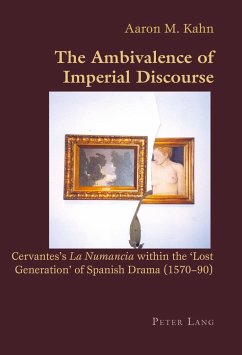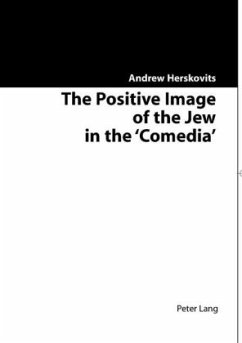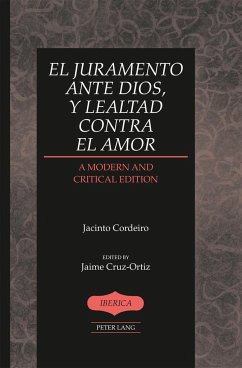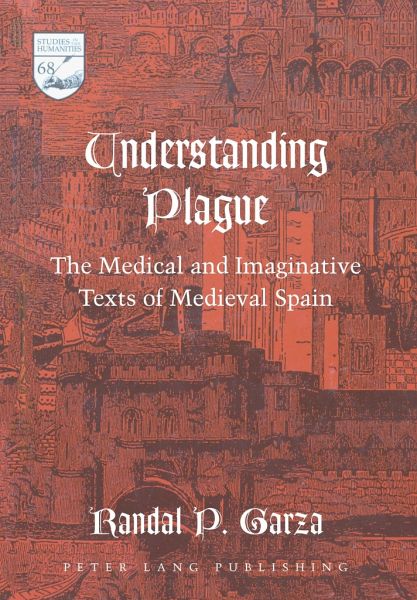
Understanding Plague
The Medical and Imaginative Texts of Medieval Spain
Versandkostenfrei!
Versandfertig in 6-10 Tagen
60,95 €
inkl. MwSt.

PAYBACK Punkte
0 °P sammeln!
The outbreak of the plague in 1347, commonly referred to as the Black Death, was the source of numerous socio-economic changes in the later Middle Ages. Numerous studies have traced the progress and effects of the disease in countries such as Germany, England, France, and Spain. Such a study concerning Spain has been conspicuously absent until now. The present investigation is among the first to bring together information that documents the pernicious behavior of the disease in Spain and to demonstrate how it changed the societies it afflicted. Studying the medical and imaginative texts of med...
The outbreak of the plague in 1347, commonly referred to as the Black Death, was the source of numerous socio-economic changes in the later Middle Ages. Numerous studies have traced the progress and effects of the disease in countries such as Germany, England, France, and Spain. Such a study concerning Spain has been conspicuously absent until now. The present investigation is among the first to bring together information that documents the pernicious behavior of the disease in Spain and to demonstrate how it changed the societies it afflicted. Studying the medical and imaginative texts of medieval Spain, reveals that the disease did, in fact, help change the perceived role of the medical practitioner, the idea of public health, and the portrayal of death and dying.



